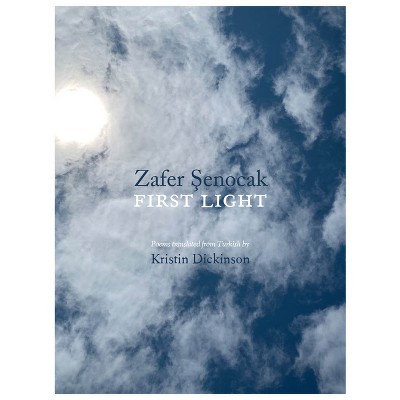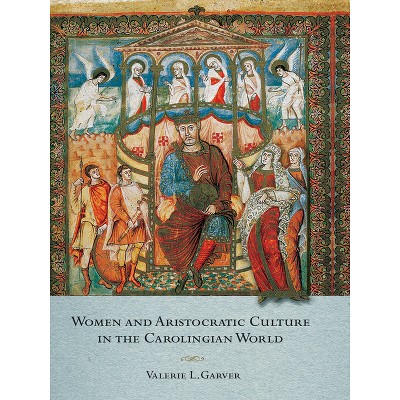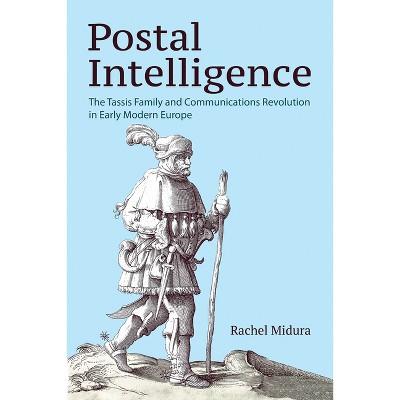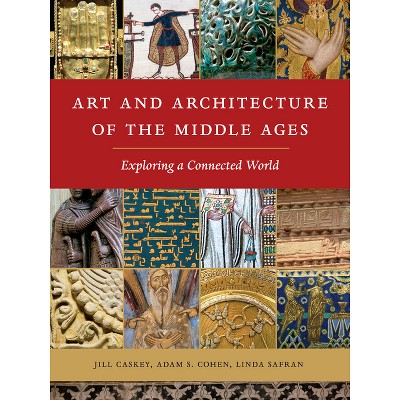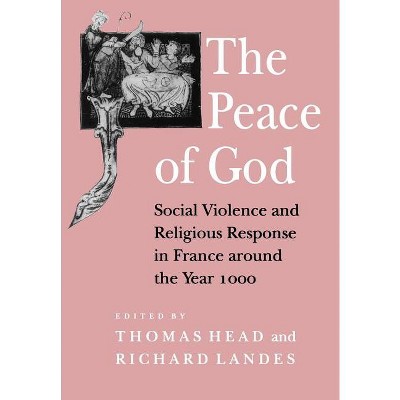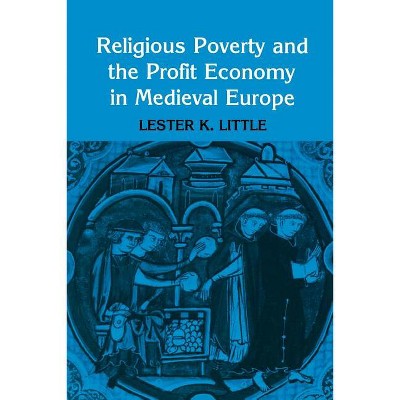About this item
Highlights
- One of the enduring ironies of medieval history is the fact that a group of Italian lay penitents, begging in sackcloths, led by a man who called himself simple and ignorant, turned in a short time into a very popular and respectable order, featuring cardinals and university professors among its ranks.
- About the Author: Neslihan Şenocak is Associate Professor of History at Columbia University.
- 294 Pages
- History, Europe
Description
About the Book
One of the enduring ironies of medieval history is the fact that a group of Italian lay penitents, begging in sackcloths, led by a man who called himself simple and ignorant, turned in a short time into a very popular and respectable order, featuring cardinals and university professors among its ranks. Within a century of its foundation, the...Book Synopsis
One of the enduring ironies of medieval history is the fact that a group of Italian lay penitents, begging in sackcloths, led by a man who called himself simple and ignorant, turned in a short time into a very popular and respectable order, featuring cardinals and university professors among its ranks. Within a century of its foundation, the Order of Friars Minor could claim hundreds of permanent houses, schools, and libraries across Europe; indeed, alongside the Dominicans, they attracted the best minds and produced many outstanding scholars who were at the forefront of Western philosophical and religious thought.
In The Poor and the Perfect, Neslihan Şenocak provides a grand narrative of this fascinating story in which the quintessential Franciscan virtue of simplicity gradually lost its place to learning, while studying came to be considered an integral part of evangelical perfection. Not surprisingly, turmoil accompanied this rise of learning in Francis's order. Şenocak shows how a constant emphasis on humility was unable to prevent the creation within the Order of a culture that increasingly saw education as a means to acquire prestige and domination. The damage to the diversity and equality among the early Franciscan community proved to be irreparable. But the consequences of this transformation went far beyond the Order: it contributed to a paradigm shift in the relationship between the clergy and the schools and eventually led to the association of learning with sanctity in the medieval world. As Şenocak demonstrates, this episode of Franciscan history is a microhistory of the rise of learning in the West.
Review Quotes
The Poor and the Perfect is an intelligent, engaging narrative of the history of Franciscan education. The book resolves several contradictions created by Franciscan historiography, and allows insight into a religious order in which the discourse of simplicity, mysticism, poverty, and cosmic renewal coexisted with pragmatic administrative and economic concerns, corruption, and insistence on social stratification.
-- "Journal of Religious History"Şenocak seeks not only to tell the story of the phenomenally rapid rise of learning in the Franciscan Order during the first century of its existence, but also to explain how and why that came about, particularly given the highly controversial nature of what many saw as an antithesis to the principles advocated by the founder, Francis of Assisi, and cherished by his early companions.
-- "The English Historical Review"In this well-argued study, Senocak explores the question of how the role of serious learning and (eventually) scholastic scholarship took root in the Franciscan order. The author asks three basic questions: How willing was Saint Francis himself to accept the importance of learning and learned friars? How early did they emerge? Why did scholarship and books become an integral part of the Franciscan mission?... A closely argued and well-documented scholarly monograph.
-- "Choice"Known for several important articles on the libraries of various medieval Franciscan convents, the young Turkish scholar Neslihan Senocak has now written a comprehensive monograph on the issues of study and education in the Franciscan order in the thirteenth century.. [This] is atour de forceof scholarship that will be the standard text in the field on the question of Franciscan education for years to come.
-- "The Historian"The emergence of the Franciscan Order's theological schools forms the basis of this compelling new monograph.... Senocak deftly moves through the early Franciscan history to show that the movement was gaining in social, ecclesiastical, and academic respectability through the caliber of its novices.... This book teems with good and sensible explanations of the place of theological study in the order.
-- "Catholic Historical Review"This book offers much of value for those interested in the history of the Franciscan Order, especially in the first hundred years of its existence.... Senocak's clearly written, well-organised and cogently argued study is built on her deep immersion in the sources, many of which are quoted extensively in Latin in the footnotes.
-- "Heythrop Journal"This is a careful and learned study. Şenocak knows the sources and does a good job of arguing her case.
-- "Church History"This is a fascinating and important book that contributes significantly to a greater understanding of the Franciscan order and intellectual culture more generally in the thirteenth century.... Senocak criticizes existing scholarship with rigor and respect. She successfully combines passionate engagement and technical precision. Her book makes an immensely valuable contribution to scholarship that will be appreciated by specialists and general readers alike, and it will inform and stimulate many of us in our future research.
-- "Speculum"Through a close scrutiny of the primary and secondary sources, the author proposes a series of very plausible explanations for the evolution of an intellectual culture in the Franciscan Order promoting learning and scholarship.... This open-minded research indeed yields a fresh and insightful reading of the first century of Franciscan history.... If the quality of the present book is anything to go by, students of Franciscanism can legitimately look forward to being illumined by other original contributions of the author.
-- "Collectanea Franciscana"About the Author
Neslihan Şenocak is Associate Professor of History at Columbia University.







